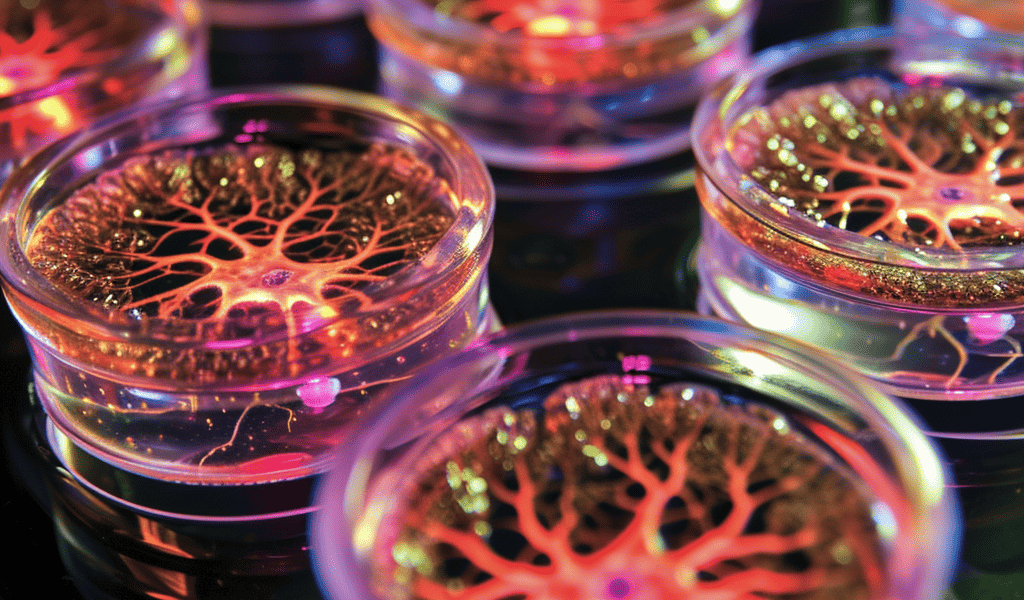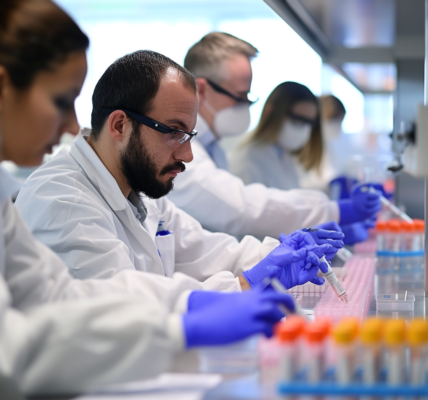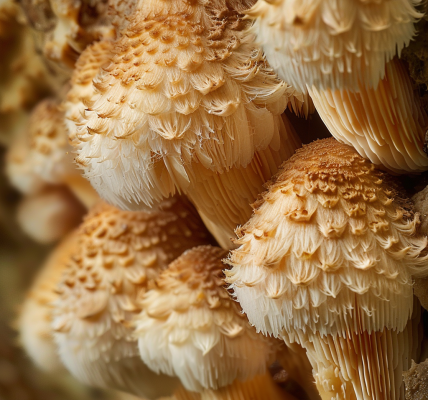Scientists Grow First Brain Organoids from Human Fetal Tissue, Opening New Window into Brain Development
Scientists have achieved a significant milestone in brain research by growing the first brain organoids from human fetal tissue. These brainlike structures, called organoids, could provide a realistic model to study developmental disorders and brain cancers, offering a window into the intricate development of the human brain.
The groundbreaking method, reported in Cell, involves growing tiny brainlike structures from human fetal brain tissue in a dish. This could potentially help researchers better understand how neurons develop specific identities in the maturing brain and provide insights into modeling brain diseases and drug testing.
According to Arnold Kriegstein, a neurologist at the University of California, San Francisco, the researchers have demonstrated creative uses for the new organoids. He believes that the fetal brain organoids (FeBOs) could help address previously unexplored questions about brain development.
Previously, scientists have created organoids mimicking various parts of the brain and nervous system using stem cells that can develop into different cell types under the right conditions. Additionally, reprogrammed mature cells from affected patients can be used to create organoids for studying genetic conditions that impact brain development.
While stem cell-derived brain organoids have shown promise, the process of pushing stem cells into a brainlike state using signaling molecules may not fully replicate normal development. Benedetta Artegiani, a stem cell biologist at the Princess Máxima Center for Pediatric Oncology, suggests that using natural fetal brain tissue could provide a more accurate representation of the human brain’s developmental stage.
The team, led by Artegiani and Delilah Hendriks at the Hubrecht Institute, collected brain tissue to grow the organoids. This pioneering approach could offer a deeper understanding of the human brain’s early development and potentially aid in advancing research related to brain disorders and diseases.





